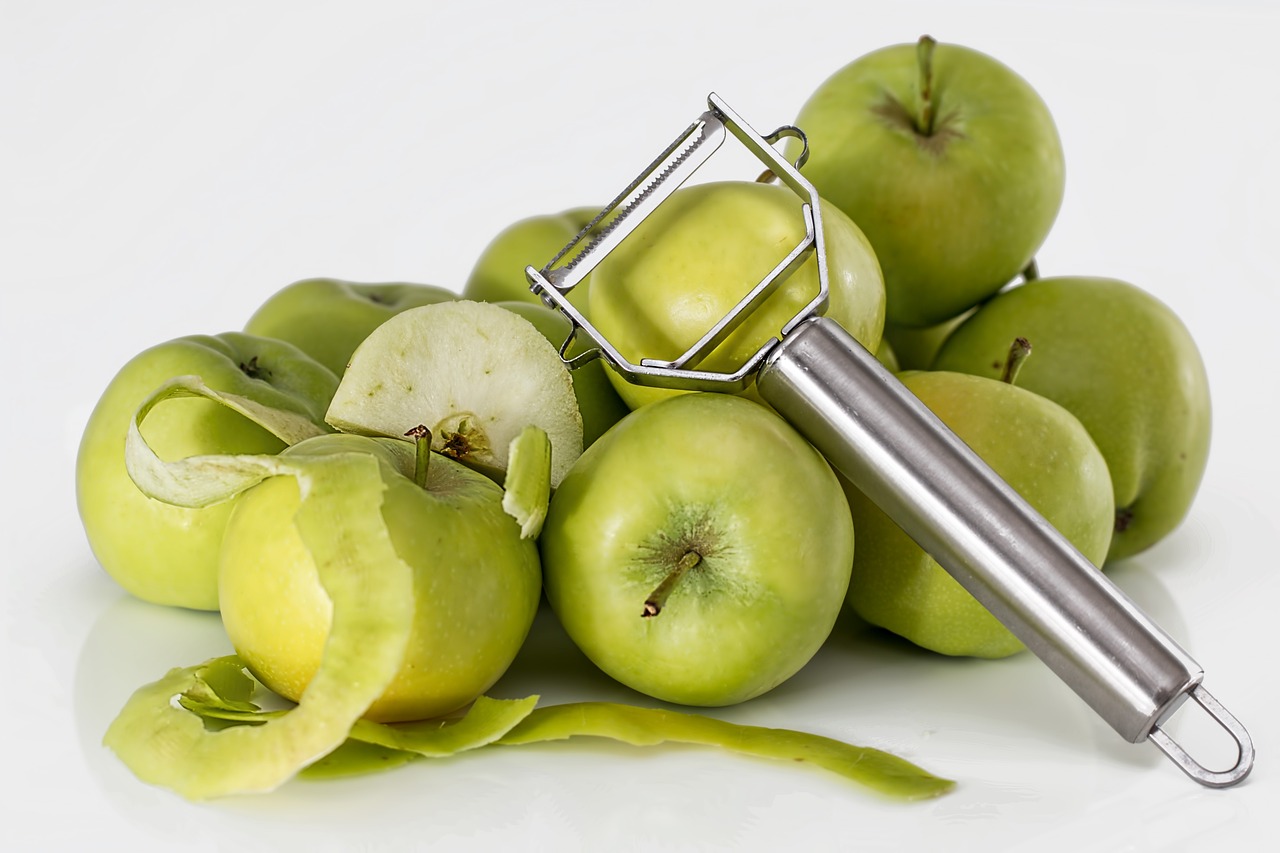Eczema, a skin condition marked by dry and itchy skin, frequently leads individuals to resort to steroids or eczema cream for its treatment. While these eczema cream can effectively manage eczema symptoms, concerns about potential side effects and the risk of overuse have prompted many to explore eczema cream alternative approaches for dealing with this skin condition.
In this exploration, we will dig into five non-steroidal treatments that not only offer relief for eczema but also present eczema cream alternatives aiming to address the condition without relying solely on steroids.
This comprehensive overview will shed light on diverse strategies to manage eczema, considering both the effectiveness and potential drawbacks of each approach.
Option 1: Slightly Damp Clothes and Emollients
Hydrotherapy for Skin Healing:
- One noteworthy alternative for managing eczema is hydrotherapy, precisely the technique known as wet wrapping. This approach entails the application of emollients, or moisturizers, to damp skin, followed by wrapping the treated skin in wet towels. The primary objective of this method is to alleviate the dryness associated with eczema.
- Medical professionals may opt to combine wet wrapping with the use of steroids during eczema flares. This combination serves a dual purpose: it amplifies the effectiveness of milder steroids, allowing for a potentially lower dosage, and concurrently diminishes the likelihood of adverse side effects that can accompany prolonged steroid use.
Option 2: Use of Shea Butter for Eczema
Nourishing the Skin Naturally:
- Another compelling alternative for managing eczema involves shea butter, a natural substance derived from the nuts of the African Karite tree. Shea butter stands out for its rich composition of fatty acids, which are vital in nourishing dry skin, facilitating skin repair, and imparting anti-inflammatory properties.
- The fatty acids present in shea butter actively participate in promoting skin repair, making it a valuable asset in the management of eczema. By providing critical nutrients and hydration to the skin, shea butter contributes to restoring the skin barrier, which is often damaged in individuals with eczematous conditions.
Option 3: Use of Natural Oils for Eczema
Harnessing Nature’s Moisturisers:
- Topical Coconut Oil: Demonstrated to improve eczema and exhibit antibacterial effects.
- Topical Sunflower Seed Oil: Rich in linoleic acid, it has anti-inflammatory properties and maintains the skin’s barrier function.
- Topical Borage Seed Oil: Beneficial when used with a coated undershirt, reducing itching and redness.
Caution with Natural Oils:
- While natural oils like coconut, sunflower seed, and borage seed oil can be helpful, it’s crucial to use cold-pressed and organic oils to avoid additional chemicals.
- Allergic reactions leading to contact dermatitis are possible, emphasising the importance of testing oils on a small area before widespread use.
Option 4: Use of Calcineurin Inhibitor Medications
Anti-Inflammatory Alternatives:
- Tacrolimus and pimecrolimus are topical calcineurin inhibitors, offering an alternative to steroids for eczema treatment.
- These inhibitors are more potent than mild steroids but less potent than strong steroids, making them a viable option for dermatologists aiming to reduce steroid use.
Considerations:
- Calcineurin inhibitors may be costlier than steroids based on insurance plans.
- Worries about an increased risk of cancer with these inhibitors have been debated, but studies have not shown a significant overall rise in cancer development.
Option 5: Regular Use of Dilute Bleach Baths
Balancing the Skin Microbiome:
- Dilute bleach baths help maintain a balanced microbiome on the skin, preventing the dominance of any one bacteria, especially Staphylococcus aureus.
- The baths are akin to swimming pool experiences, involving the addition of household bleach to a bathtub of water.
Bleach Bath Instructions:
- Mix ¼ cup of household bleach into a full adult bathtub of water (40 gallons).
- Soak for about 10 minutes, rinse thoroughly, pat the skin dry, and apply moisturiser within 2-3 minutes to retain skin moisture.
Do Steroids Pose Risks to Skin Health?
- Steroids, when overused, can lead to side effects, including skin thinning.
- They should not be the sole approach to treating eczema but can be part of a comprehensive treatment plan that includes the alternatives mentioned.
Closing Thoughts:
In managing eczema, it’s essential to balance effective treatments and minimise potential side effects. Exploring these non-steroidal alternatives offers individuals the opportunity to tailor their approach, seeking relief while mitigating concerns associated with prolonged steroid use. Always consult healthcare professionals for personalised advice and optimal eczema management strategies. After the consultation with your doctor you can buy these alternatives from trusted online medical stores easily.








